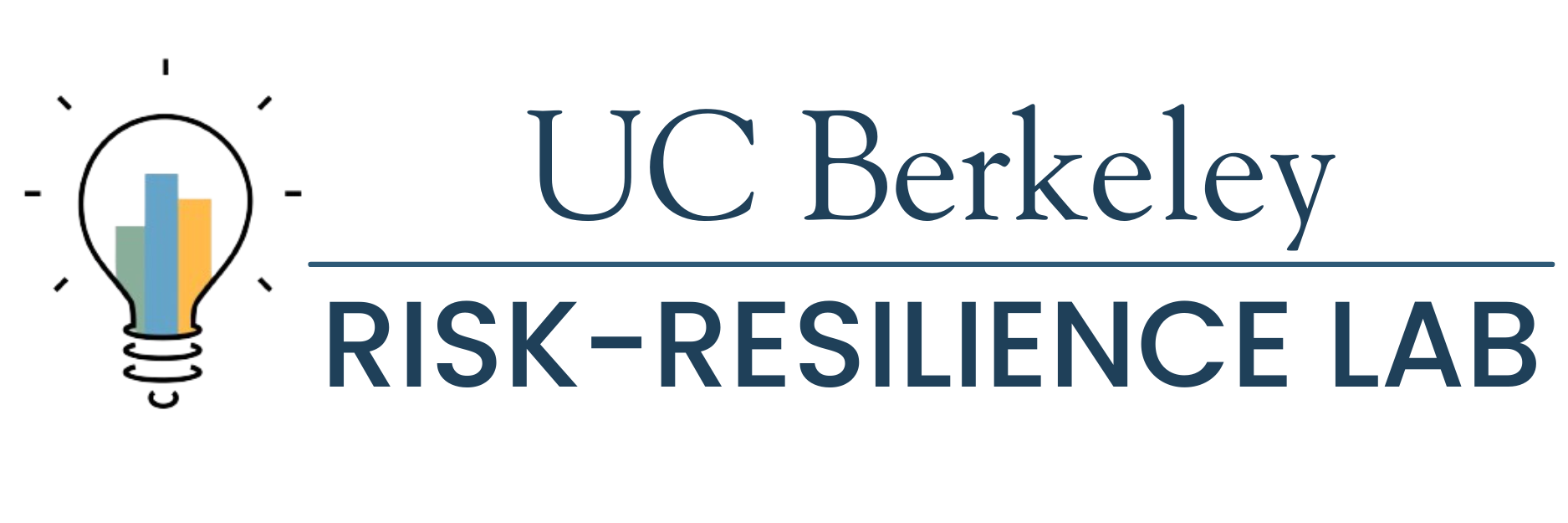The optimal dynamic treatment rule superlearner: considerations, performance, and application to criminal justice interventions (2022)
Abstract
The optimal dynamic treatment rule (ODTR) framework offers an approach for understanding which kinds of patients respond best to specific treatments – in other words, treatment effect heterogeneity. Recently, there has been a proliferation of methods for estimating the ODTR. One such method is an extension of the SuperLearner algorithm – an ensemble method to optimally combine candidate algorithms extensively used in prediction problems – to ODTRs. Following the “causal roadmap,” we causally and statistically define the ODTR and provide an introduction to estimating it using the ODTR SuperLearner. Additionally, we highlight practical choices when implementing the algorithm, including choice of candidate algorithms, metalearners to combine the candidates, and risk functions to select the best combination of algorithms. Using simulations, we illustrate how estimating the ODTR using this SuperLearner approach can uncover treatment effect heterogeneity more effectively than traditional approaches based on fitting a parametric regression of the outcome on the treatment, covariates and treatment-covariate interactions. We investigate the implications of choices in implementing an ODTR SuperLearner at various sample sizes. Our results show the advantages of: (1) including a combination of both flexible machine learning algorithms and simple parametric estimators in the library of candidate algorithms; (2) using an ensemble metalearner to combine candidates rather than selecting only the best-performing candidate; (3) using the mean outcome under the rule as a risk function. Finally, we apply the ODTR SuperLearner to the “Interventions” study, an ongoing randomized controlled trial, to identify which justice-involved adults with mental illness benefit most from cognitive behavioral therapy to reduce criminal re-offending.
Keywords: causal roadmap; heterogeneous treatment effects; optimal dynamic treatment rules; precision health; superlearner.
Link to Article: https://doi.org/10.1515/ijb-2020-0127

